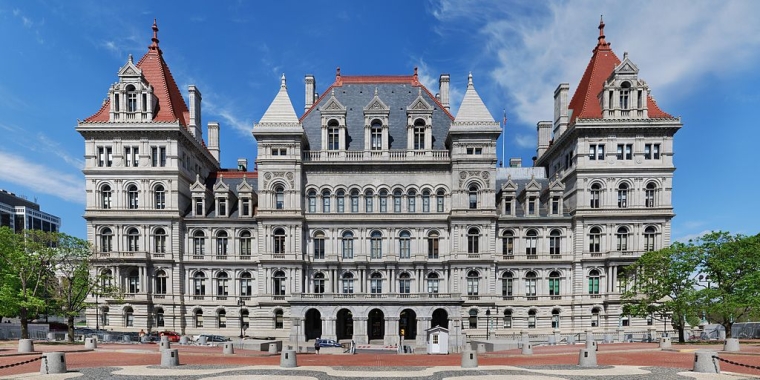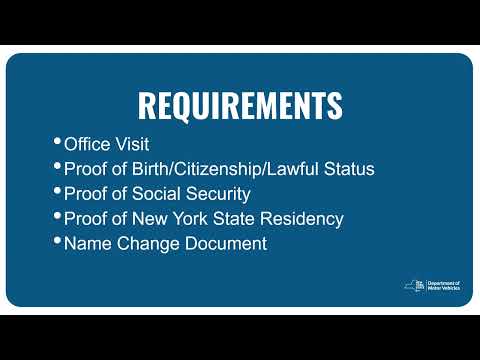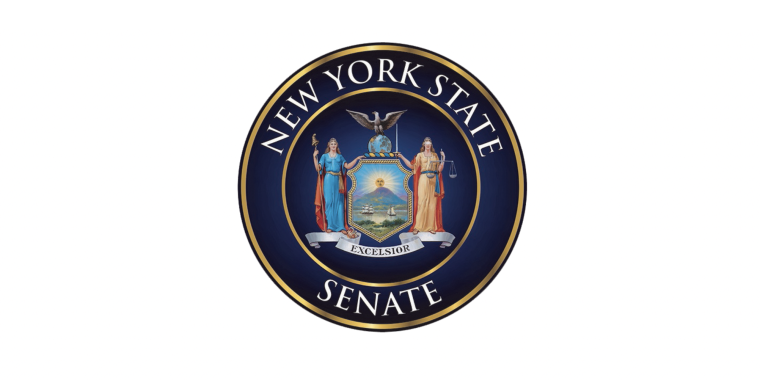
Comments Submitted to Office of Temporary and Disability Assistance Regarding Proposed Changes to Public Assistance on December 2, 2005
Liz Krueger
July 12, 2010
Thank you for the opportunity to comment on the proposed change to section 350.4 (a) (7) of 18 NYCRR. I am deeply troubled by the proposed change and urge OTDA to reject this proposal which would deny cash benefits to Public Assistance cases transitioning to Safety Net Assistance for a 45 day waiting period.
Article XVII of the New York State Constitution states that “The aid, care and support of the needy are public concerns and shall be provided by the state and by such of its subdivisions, and in such manner and by such means, as the legislature may from time to time determine.” Since the state has already determined this population to be in need, this regulatory change clearly violates the State Constitution. State courts have consistently ruled that this article requires New York to provide assistance to everyone deemed needy.
Constitutional issues aside, the proposed regulation represents an act of needless and deliberate cruelty to the neediest segment of the state’s population. OTDA estimates in its Regulatory Impact Statement for the change that 10-20% of the PA caseload will not reapply for benefits. Given the volumes of studies documenting accounts of intimidation, incorrect information and wrongful case closings at city and county social service agencies, it is reasonable to assume that the vast majority of those not applying for SNA will do so as a result of a local administrative error. The RIS claims that the 45 day waiting period will further emphasize the need for self-sufficiency. Currently, families transitioning to SNA are required to meet with their caseworker to discuss their progress and future needs which is an appropriate time to emphasize self-sufficiency. Closing the PA case and then processing an entirely new application will only create additional bureaucratic hurdle for already overburdened social service agencies. Also, while OTDA claims that the disabled will be exempt from the transition period, advocates who work with disabled public assistance clients know that local service agencies do a poor job identifying the disabled. (On a personal note, my office has worked with a constituent deemed disabled by an HRA case worker but then incorrectly databased by another worker as able bodied. These errors continued after two calls from my office and the constituent was told to ignore any notice for future meetings at an HRA office.)
I strongly disagree that the implementation of a waiting period will help fulfill OTDA’smission in “emphasizing renewed efforts to achieve self-sufficiency.” I fail to see how cutting off one’s income, food stamps, housing supplements and access to medical care will create anything but chaos for New York’s poor.
A recent study of New York City’s WEP program found that only 8% of WEP workers find a job within 6 months of receiving a work assignment. This is discouraging given the millions of dollars spent on WEP programs in recent years. If OTDA wants welfare recipients to achieve self-sufficiency, your efforts might be more wisely focused on taking a more active role in overseeing local agencies WEP programs and ensuring they provide meaningful professional and vocational skills and job placement services.
The change would disrupt other benefits and result in evictions, hunger and debt from emergency healthcare visits not to mention burden county homeless agencies and public hospitals with uncovered medical costs. Many individual Family Assistance cases are tied to one or more programs concurrently with their public assistance case. Such benefits include: Housing Stability Plus (HSP,) Family Eviction Prevention Supplement (FEPS,) Food Stamps, Medicaid and child care assistance. It is inevitable that, even if OTDA requires local service districts to maintain these services, families would lose benefits due to administrative error or intimidation. Furthermore, the loss of Medicaid for some recipients would force local hospitals to assume the costs of unpaid services. Thus, the state’s financially strapped private hospitals as well as tax-payer financed public hospitals would assume debt otherwise paid by Medicaid. These costs would greatly exceed the projected $8 million OTDA expects to save annually from the regulation change.
I strongly urge OTDA to reject the proposed regulatory changes. In the wake of the devastating images that emerged from New Orleans this September and the nation’s increasing levels of poverty, this regulation will further move our State in the wrong direction on safety net policy. Thank you for the opportunity to submit comments.



